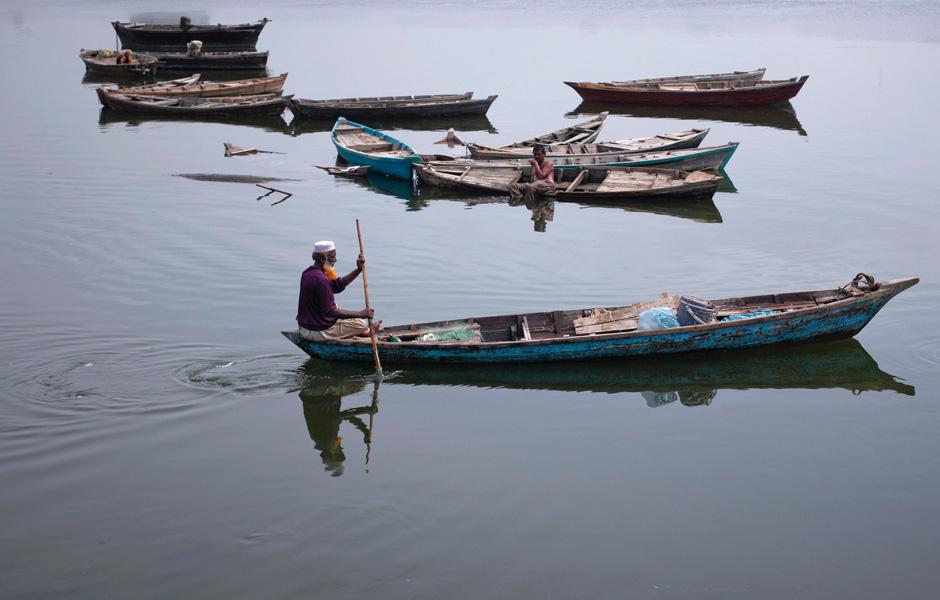
KARACHI:
To help coastal communities adapt to the impact of climate change, the World Wildlife Fund-Pakistan (WWF-P) has prepared two union-council-level adaptation plans.
To review these plans for the coastal communities of Keti Bunder and Kharo Chan of district Thatta, a three-day regional workshop is being held at the Avari Hotel from December 10 to December 12. The WWF-P, under its Climate Change Adaptation Project in collaboration with Global Climate Adaptation Partnership, United Kingdom, has organised the event.
WWF-P regional director Rab Nawaz said that efforts have and will be made to align these adaptation plans with the country’s climate change policy.

The participants included practitioners from Nepal, Sri Lanka, Iran, Maldives, and Bangladesh, plus local stakeholders. They engaged in a series of dialogues and exercises on Tuesday and discussed climate realties impacting population at local, national and global level. It was discussed that over the last decade, the level of awareness on the subject has increased vastly. It has been recognised as a serious threat that needs to be dealt with through adaptation.
Nawaz elaborated that disaster risk reduction, sustainable human development, natural resource management and provision of alternative livelihood opportunities at the local level can prove to be useful methods to adapt to the changing climate.
He emphasised the need to share lessons and best practices implemented by regional partners and replicate them in the coastal areas of Pakistan. Key outputs of the workshop will be the transfer of regional knowledge and expertise, identification of best practices and opportunities for funding future adaptation initiatives.
Pakistan’s coastal communities are vulnerable to climate change, such as change in temperature, rise in sea level, erratic and frequent extreme weather events, loss of coastal habitat, shift in crop patterns, depletion of marine life and water scarcity.
Published in The Express Tribune, December 12th, 2013.
COMMENTS (1)
Comments are moderated and generally will be posted if they are on-topic and not abusive.
For more information, please see our Comments FAQ














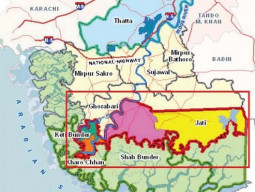
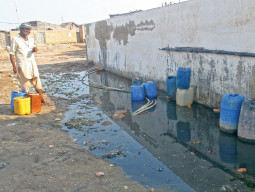
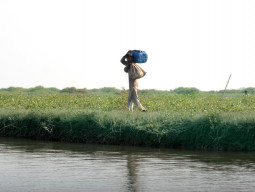

1713264570-0/Tribune-Collage-Feature-Images-(9)1713264570-0-270x192.webp)












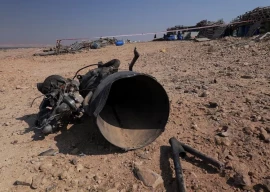






No one from India and Afghanistan has been invited to participate in this conference . Amazing...
The climate of Pakistan can not remain stable without them .